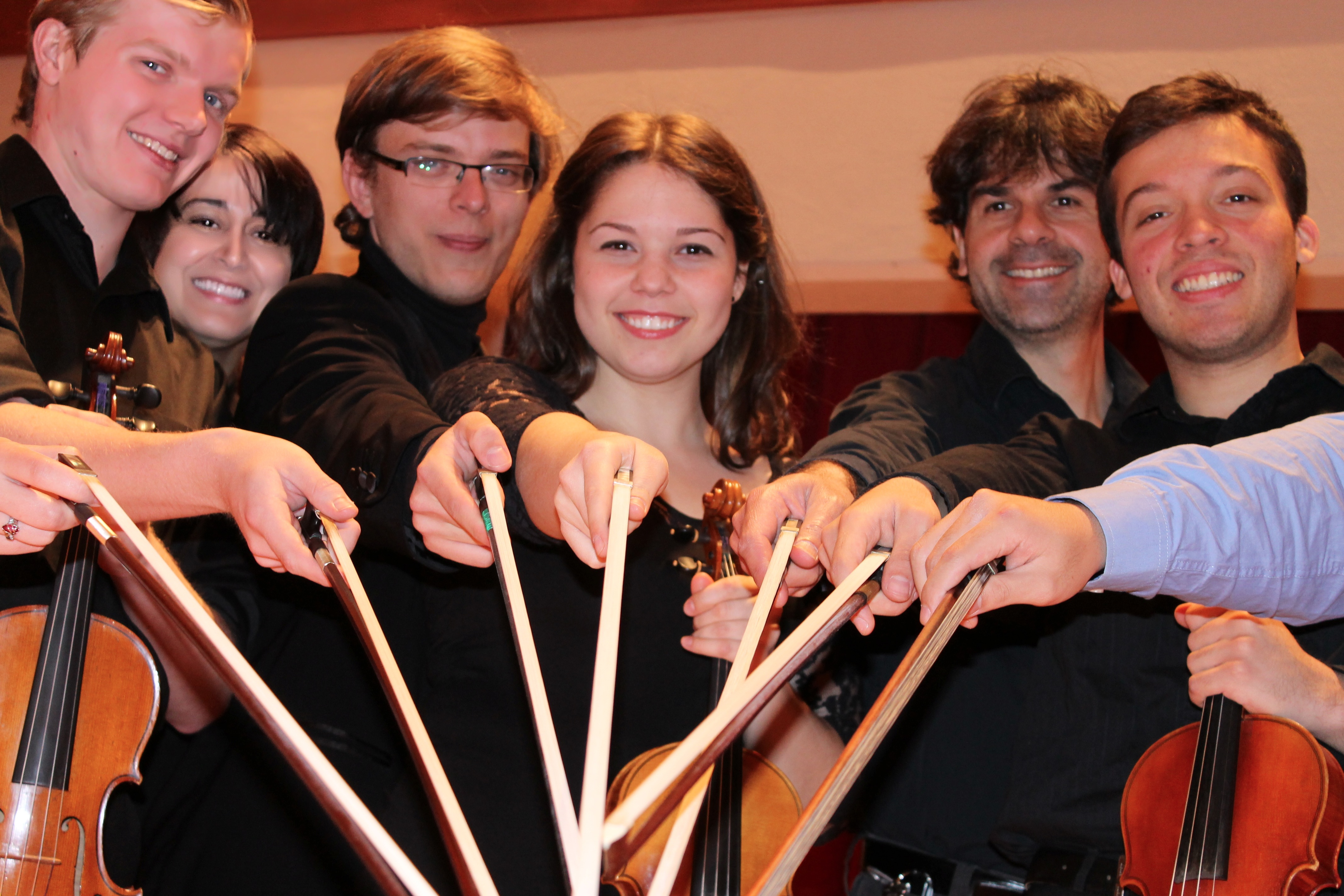At a glance
- Kids who study music from an early age can do better at a range of subjects.
- Children who play music learn there are rewards from hard work, practice and discipline.
- Playing a musical instrument helps develop kids’ creative thinking and motor skills.
- Music helps kids become more active listeners.
- It can also enhance their health and wellbeing and increase their stamina.
Research shows the benefits of studying music and playing an instrument can be substantial.
“There are a great many reasons why children should learn to play music,” says Dr Richard Letts, the executive director of the Music Council of Australia.
“If a child studies music constantly over a period of time, they do better in school in all sorts of ways, including academically and socially.”
The earlier a child … comes to grips with music, the more the brain growth will be influenced. It sets them up for life. Music Council of Australia
Music can support kids’ school work
Children who study music from an early age can do better at a range of subjects such as maths, science, arts and language, Richard says. They also learn that there are rewards from hard work, practice, and discipline.
“If a person is engaged in making music, the brain will grow to support the activity as it would for any activity – but in the case of music it appears other abilities also increase. The consequence is that children who study music have an accelerated learning in other academic subjects,” he says.
“The earlier a child … comes to grips with music, the more the brain growth will be influenced. It sets them up for life.”
Richard points to an American publication Champions of Change – The Impact of the Arts on Learning. It presents reports from teams of researchers that examined a range of arts education programs and their impact on learning and socialisation.
The reports show learning to read music with its concepts of time, rhythm and pitch, seemed to have a direct effect on a child’s ability at maths.
One study showed clear links between sustained involvement in music and theatre, and success in maths and reading, particularly for kids from disadvantaged backgrounds. Key findings included:
- Year 8 students who were involved in arts were more likely to do better academically than those who had a low level of arts education.
- By Year 12, the likelihood of better academic performance was even greater.
- All students who were involved in music were more likely to excel at maths than other students.
- Students from low socio-economic backgrounds who studied music were twice as likely to excel in maths as students from low socio-economic backgrounds who didn’t study music.
There are other benefits too says Margaret Bradley, a music expert with the NSW Department of Education and Communities.
“Playing in a group, working together and developing negotiation skills are complex processes you have to work through to build a certain confidence,” she says.
“Playing an instrument is also a physical thing. It develops fine motor skills, the kind of motor skills you need to have to become a surgeon for example.”
It can also enhance a child’s overall health and wellbeing, and increase stamina, she says.
“The same focus and discipline is needed to play an instrument or participate in athletics.”
More benefits for kids who play music
- Children learn to embrace other cultures through their music.
- It develops teamwork and shared goals.
- The overall experience of listening to music is dramatically enhanced.
- Music can assist active listening, which is beneficial in a range of things from taking part in conversations to building more satisfying friendships.
- Children can also explore emotions through music, which may help them better understand who they are.
